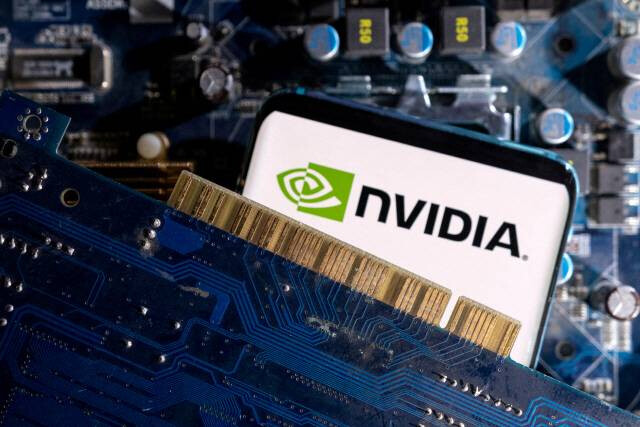
WASHINGTON D.C. — The Trump administration's decision to permit NVIDIA to resume sales of its H20 artificial intelligence (AI) chips to China has ignited a heated debate within US political circles and among national security experts. While the White House asserts the move is crucial to prevent China from developing its own advanced AI chips and surpassing the US, critics argue it jeopardizes American technological superiority and undermines export controls.
White House Justification: Preventing Chinese Self-Sufficiency
Kevin Hassett, White House National Economic Council Director, explained the administration's rationale on Fox News on July 29. He stated that the decision to "unleash NVIDIA chips" aims to preserve America's technological lead in the AI chip sector. "The risk we have to seriously consider is, if China doesn't buy chips from us, they will innovate and make their own chips," Hassett said. "And what we never want is for them to get ahead in the chip race."
This echoes previous arguments from the administration, suggesting that by allowing the sale of less advanced chips, the U.S. can maintain some influence over China's AI development while preventing Beijing from pouring resources into developing its own high-end alternatives that could eventually surpass American technology. The fear is that a complete cutoff would accelerate China's indigenous chip manufacturing capabilities, ultimately making them less reliant on American technology and potentially giving them a long-term strategic advantage.
The H20 Chip Controversy and US-China Negotiations
The H20 chip, a modified version designed by NVIDIA to comply with previous US export restrictions, had been subject to stricter controls by the Trump administration in April, requiring government approval for its export to China. This followed the Biden administration's broader ban on the export of cutting-edge, high-performance AI chips.
The reversal on H20 sales came to light on July 15, following an apparent agreement where China agreed to resume rare-earth metal exports to the US. Jensen Huang, CEO of NVIDIA, publicly stated in an interview with China Central Television (CCTV) that he had persuaded the Trump administration by arguing that continued H20 sales to China, home to 50% of the world's AI researchers, were essential for US technology to remain the global standard.
US Commerce Secretary Howard Lutnick maintained that NVIDIA's top-tier products, such as Blackwell, H200, and H100, remain barred from export to China. He emphasized, "We are not selling China our best products. We are not selling our second- or third-best products. I think selling our fourth-best product is something we are okay with."
Critics Warn of Security Risks and Weakened Controls
However, this justification has not appeased critics. On July 28, former security officials and technology policy experts sent a letter to Secretary Lutnick, urging him to reverse the decision. According to the political news outlet The Hill, they characterized the move as a "strategically misguided step that jeopardizes America's economic and military advantage in AI."
These experts contend that the H20 chip is far from "old technology" and that its renewed supply to China will bolster Beijing's AI capabilities while potentially reducing the availability of such chips for US use. They further argue that this decision undermines the effectiveness of export controls and could embolden China to demand further concessions from the US in the future.
Congressional Democrats have also voiced strong objections. Representatives Raja Krishnamoorthi (D-Ill.), ranking member of the House Select Committee on the Chinese Communist Party, and Gregory Meeks (D-N.Y.), ranking member of the House Foreign Affairs Committee, sent a letter to Secretary Lutnick on July 27, expressing concern that the Trump administration is using export controls as "bargaining chips." They asserted that this approach "undermines the credibility of our export control system, blurs the line between economic and national security priorities, and sends a dangerous signal that key safeguards are negotiable." They concluded by stating, "It is clear that this administration is gambling with our national security and our economy for the sake of President Trump's trade wars, which only harm American families, workers, and consumers."
Senate Democrats, including Majority Leader Chuck Schumer, have similarly criticized the H20 export decision in their own letter to Secretary Lutnick. Even some prominent Republicans have publicly expressed concerns. Representative John Moolenaar (R-Mich.), chairman of the House Select Committee on the Chinese Communist Party, wrote to Secretary Lutnick, worrying that H20 exports would enhance China's AI capabilities and advocating for restrictions that only offer "minor technical improvements."
The debate underscores the complex challenge for the US in balancing economic interests with national security concerns, particularly in the rapidly evolving field of artificial intelligence and its underlying technologies.
[Copyright (c) Global Economic Times. All Rights Reserved.]




























